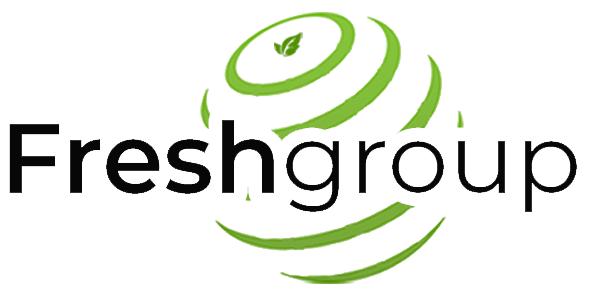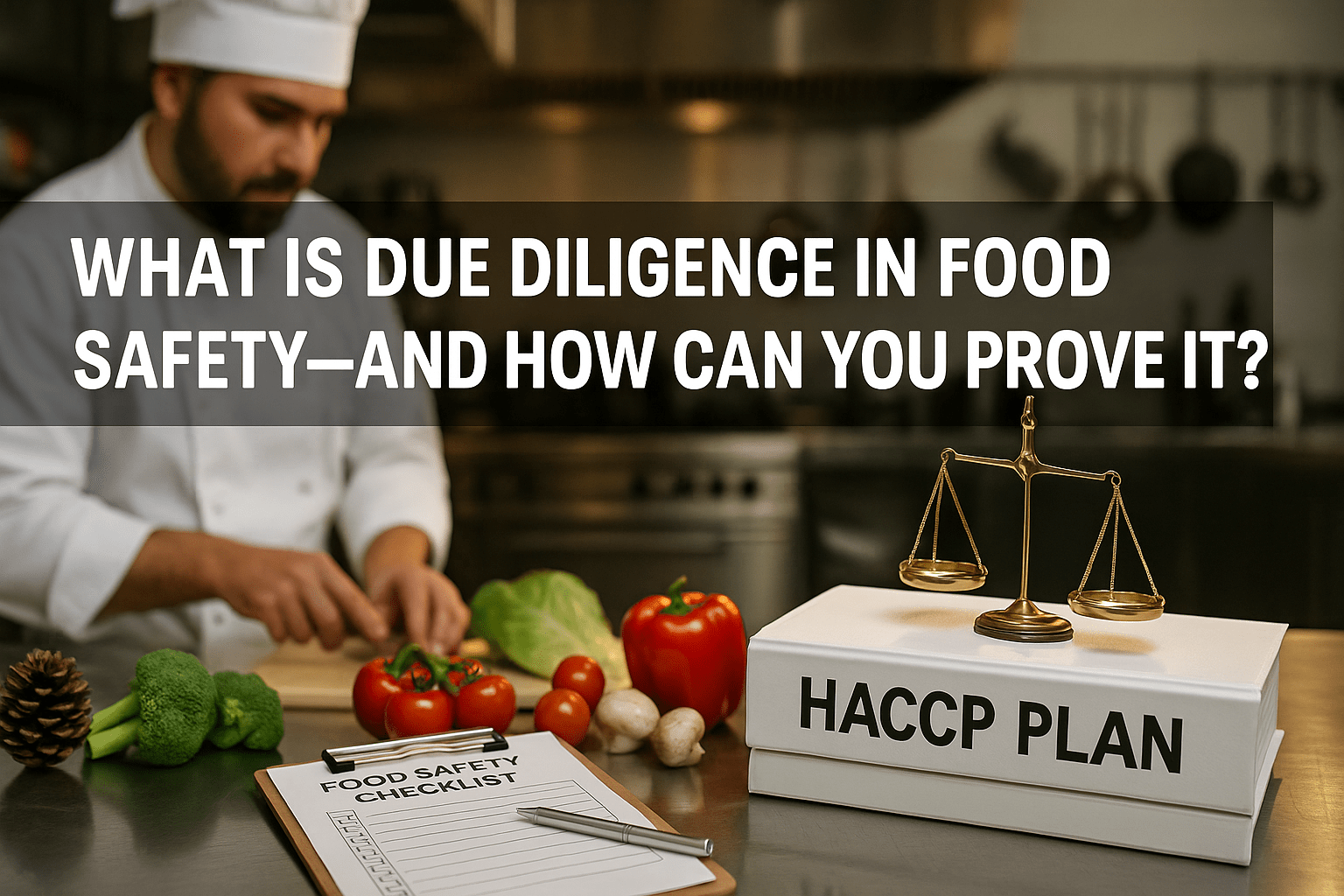If you run a food business, you’re legally required to follow strict food hygiene practices. These aren’t just boxes to tick—they ensure the food you serve or sell is safe to eat. But it’s not enough to do the right thing. You also need to prove it. That’s where due diligence comes in.
Being able to demonstrate that you’ve taken every reasonable step to prevent food safety issues is your best protection against legal action. This article breaks down what due diligence means under food safety law and how you can prove it through documentation and good practices.
What Is Due Diligence in Food Safety?
In the context of food safety, due diligence means being able to prove that your business did everything reasonably possible to avoid breaking the law. If something goes wrong—like a foodborne illness outbreak or an allergen-related incident—having the right records in place could be your legal lifeline.
Your main tool for proving due diligence is a properly implemented and documented HACCP system (Hazard Analysis and Critical Control Points). It’s your evidence that you’ve taken all necessary precautions to manage food safety risks.
A due diligence defence can protect your business from prosecution if:
- You carried out reasonable checks on the food—or reasonably relied on checks done by your supplier.
- The issue was caused by someone outside your control, such as a supplier who failed to provide critical information (like allergen warnings).
- You had no reason to suspect that your actions (or someone else’s) could lead to a food safety offence.
In short: If you’re ever investigated for a food safety incident, due diligence is your best defence. But only if you’ve got the records to back it up.
How to Prove Due Diligence in Your Food Business
To demonstrate due diligence, you need to document everything related to food safety in your business. This includes how you implement and monitor your HACCP plan, control risks, and maintain a safe environment.
The type of system you need depends on your business’s size and what kind of food you handle. That’s why conducting regular food safety risk assessments is essential. Tools like a HACCP decision tree can help you pinpoint your critical control points and put the right safeguards in place.
At a minimum, every food business should have clear, documented procedures to:
- Prevent cross-contamination
- Control allergens
- Manage critical food safety risks
These records aren’t just helpful—they’re necessary to prove you’ve done your due diligence.
Due Diligence Checklist: What to Document
To build a solid case for due diligence, make sure your records include the following:
- Supplier verification – Use only approved and reputable suppliers.
- Premises compliance – Show that your facility is built and maintained to hygienic standards.
- Cross-contamination controls – Clearly outline how you separate raw and cooked foods.
- Updated HACCP plan – Include risk assessments, control measures, and monitoring procedures.
- Cleaning and hygiene – Keep detailed cleaning schedules and personal hygiene protocols.
- Temperature logs – Record fridge and freezer temperatures daily.
- Equipment maintenance – Show how and when you inspect and maintain equipment.
- Allergen management – Document labelling procedures and staff training on allergen control.
- Waste disposal – Keep records of waste handling and disposal.
- Pest control – Include reports from pest control providers and internal checks.
- Staff training – Maintain up-to-date training records, including online courses.
- Record-keeping procedures – Show how you review and update your documentation regularly.
Final Thoughts
Good food safety practices are non-negotiable. But equally important is being able to prove you’re following them. Documenting your processes, reviewing them regularly, and keeping thorough records isn’t just best practice—it’s your shield against legal consequences.
Due diligence isn’t just about protecting your customers. It’s also about protecting your business.
Reach out to Fresh Group Food Safety And Quality Consulting for any inquiries related to food quality and safety.




